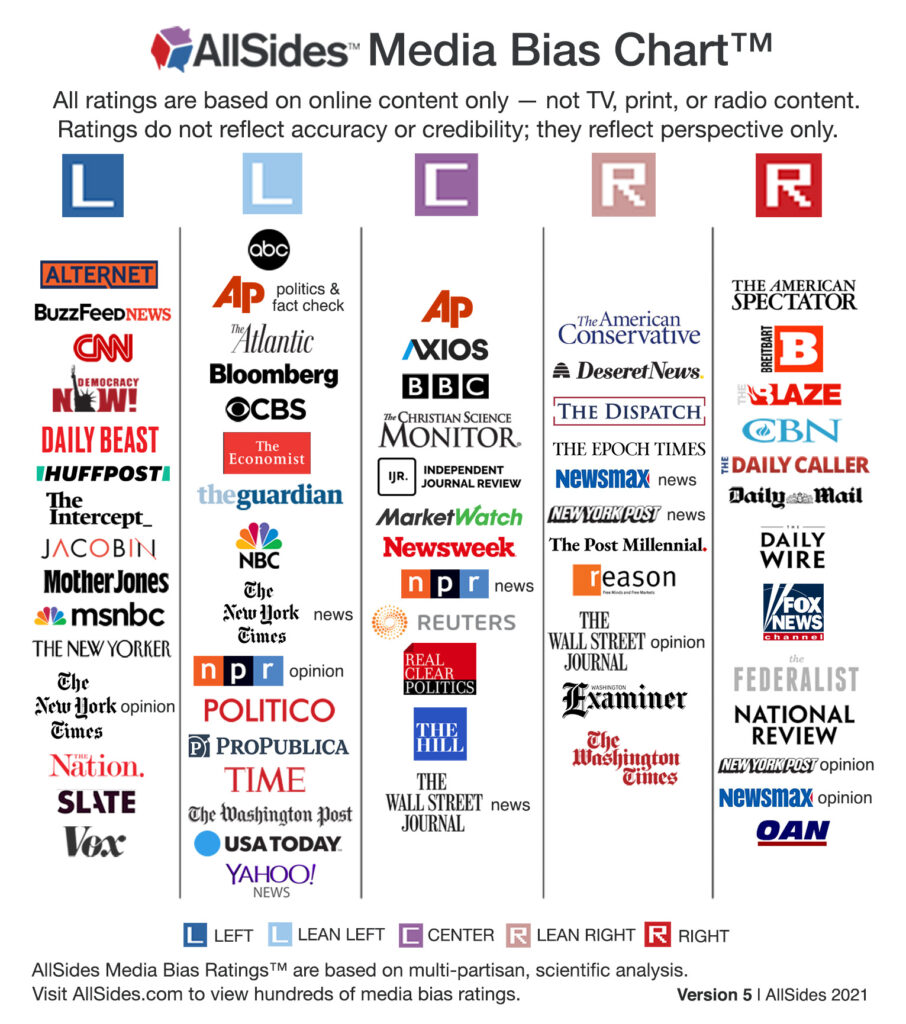“Maybe later,” I thought to myself as a college professor recommended to my classmates and I that we all go see a mental health therapist at some point in our college careers, even if we hadn’t been through any major trauma in our lives. I also thought, “If I just… don’t deal with any of that it should just go away… yeah… that should work…”
Reader, it did not work.
Discussing and actively caring for our mental and emotional health can be so stigmatized, and I totally understand, and definitely empathize with, people who are hesitant about taking the leap of going to see a therapist. Approaching pain? Baring your deepest self to a stranger? Talking about your feelings? And, not to mention, paying somebody so you get to go through all of that? It doesn’t exactly sound like a winning deal on the surface, nor is it always easily accessible or affordable.
It took me getting married, living away from home, choosing to take time off from school, entering the workforce full-time, moving halfway across the U.S. (all before the age of 23), and an imperfect childhood to stir up a storm of depression and anxiety big enough inside of me that was impossible to ignore. My husband encouraged me to consider going to see someone (bless him) and now I’m here on the other side to tell you that yes, it is so worth it. You might not believe me right now, and that’s okay. I was there, too. Even though it looks like there is so much to lose in choosing to go, I want you to see, too, that there is SO much more to be gained.
Emotional Skills
A huge part of therapy for me was learning basic, foundational emotional skills and concepts. Like a lot of people, I wasn’t taught about feelings growing up at home or at school. I experienced them, sure, but I had no context for the purpose of my emotions or how to manage them in healthy ways. Our feelings are not bad or anything to be ashamed of. They’re simply our bodies communicating with us. Once I learned that, I was able to see my feelings as allies rather than enemies. I learned how to be aware of what I was feeling in the moment, what that feeling was telling me, and how to care for myself in response to that feeling. Those skills became the foundation for emotional coping mechanisms and strategies that I still use to help manage strong feelings as I experience them. Breathing exercises, anyone?
Self-Compassion
Who knew being kind to yourself would be so hard? As someone with strong perfectionistic tendencies, I know how instinctual and harmful it can be to be your own worst critic. This practice has been just as difficult for me as it’s been vital. The best piece of advice I’ve been told when it comes to self-compassion is to talk to myself how I would talk to someone I love, especially when I make a mistake or don’t feel happy. Those words are always filled with more grace, more love, and more compassion, and we are just as deserving of all of those things as the people around us.
Assertiveness
A vital and true equation: Pursuing what you want ≠ selfishness.
Also, saying “no” does not make you a mean person.
When assertiveness isn’t a behavior that’s modeled for you in healthy ways, practicing it can bring about feelings of guilt and discomfort. You feel as if you’ve fallen far on the other end of the spectrum, when in reality you’re probably just approaching a healthier middle. Gaining assertiveness has helped me have tough and necessary conversations, to stand up for my thoughts and desires, and to take major steps in pursuing my education and career.
Healing
In my experience there’s trauma, and then there’s trauma that I didn’t even know was there until I went to therapy. Nobody’s past is perfect. Nobody’s family or upbringing are perfect. We all have trauma and messy struggles in our pasts, and no matter how big or small they are it’s our responsibility to do the work of healing from them. The professional help that I had through counseling is the only way I would have been able to process my stuff because thankfully, counselors are professionals at this! This is their job! They’re trained to help us! And though healing isn’t a cure for our trauma (is anything really?), what it gives us is a healthy perspective of it. In processing through it the pain often becomes more manageable and is no longer a heavy burden that holds us back or weighs us down.
Empathy & Sympathy
Learning the difference between empathy and sympathy through therapy has transformed how I see other people and the world. (Go ahead and look it up—it’s so important!) Therapy taught me how to express empathy and sympathy in effective and helpful ways. It taught me to see emotions in others and value them just as they are rather than avoid them or try to “fix” them because I might be a little uncomfortable.
Fortunately, it seems like the stigma around mental health is declining. Conversations about mental health therapy aren’t as taboo as they once were, especially among the Millennial and Gen-Z generations. A short search on social media can lead you to so many different accounts focused on this topic, both serious and even funny (but funny because the content is relatable, not because it’s something to be embarrassed about! See? Progress!).
If anything, I hope you hear this today: Taking the step to see a mental health counselor is one of the bravest, most loving things you can do for yourself. You have so much more to gain on top of this short list. This part of you matters, and though it may not have been cared for in the past, you can care for it now. You deserve it.
Respectfully…
Rebecca

